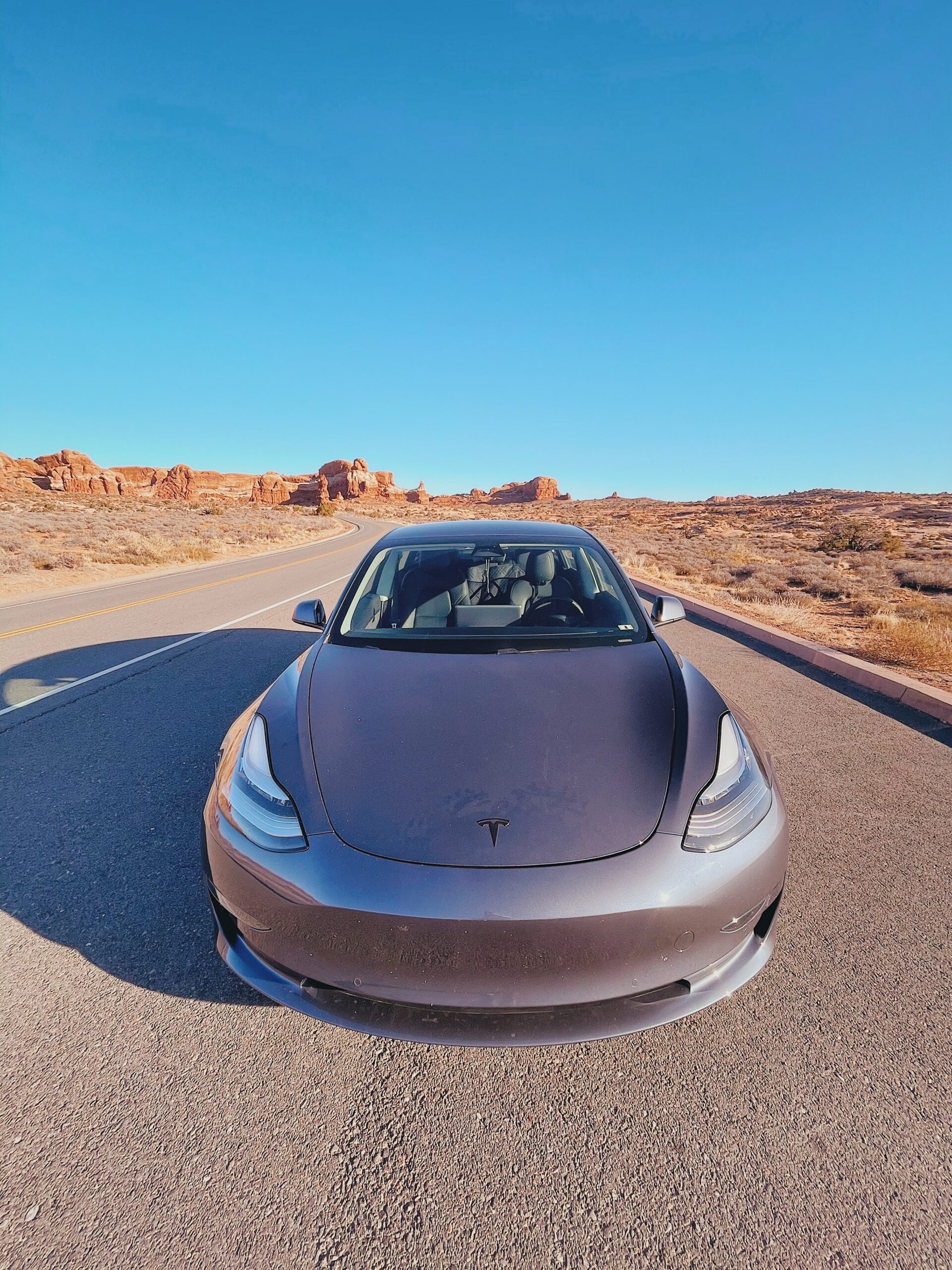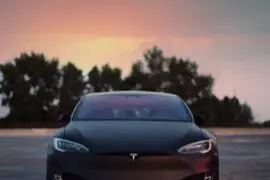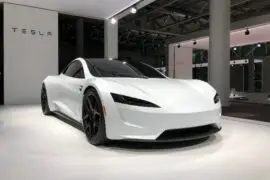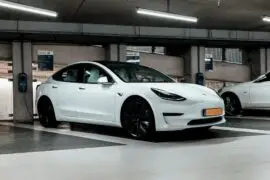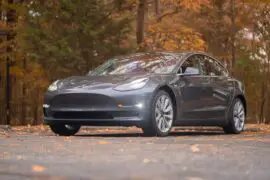In recent years, Tesla’s rise to prominence in the automotive industry has been accompanied by widespread discussions about its safety, particularly concerning the risk of fire incidents. One of the most common questions asked is, “Do Teslas catch on fire more than other cars?” This question has sparked debates, media coverage, and public concern, often leading to misconceptions and misunderstandings about Tesla vehicles’ safety performance. However, delving into the facts and data surrounding this topic is essential to gain a clear understanding of Tesla’s safety record and dispel any myths or misconceptions.
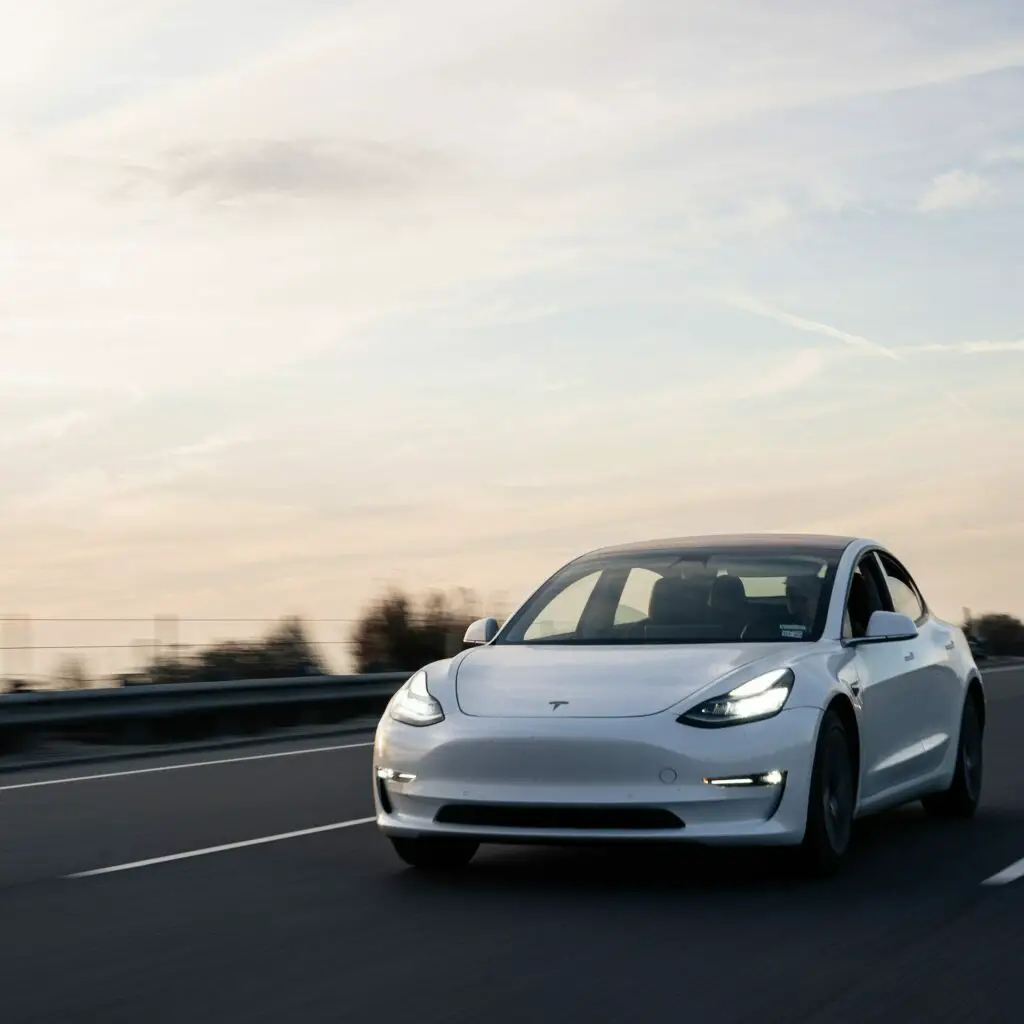
Contents
Understanding Fire Incidents
When examining Tesla’s safety record regarding fire incidents, it’s crucial to consider verifiable statistics and data rather than relying solely on perception influenced by media coverage. Contrary to common belief, the data reveals that Teslas do not catch fire at a significantly higher rate than traditional gasoline-powered cars. Statistical analyses conducted by regulatory bodies like the National Highway Traffic Safety Administration (NHTSA) have not found conclusive evidence to support the notion that Teslas are more prone to fire incidents.
Additionally, the influence of media coverage and public perception plays a significant role in shaping beliefs about Tesla’s safety performance. Media outlets often prioritize sensational stories, leading to increased coverage of any fire incidents involving Tesla vehicles. This heightened visibility can create a perception that Teslas catch fire more frequently than they do, despite empirical data suggesting otherwise. Understanding the distinction between factual data and media-driven perceptions is essential in forming an accurate assessment of Tesla’s safety record regarding fire incidents.
Exploring Battery Technology and Risks
Tesla vehicles utilize advanced lithium-ion battery technology, which offers several advantages such as higher energy density and longer driving ranges. However, it’s essential to acknowledge the potential fire risks associated with these batteries, especially when subjected to severe damage or malfunction.
Lithium-ion batteries can catch fire or experience thermal runaway under certain conditions, such as physical damage, overcharging, or manufacturing defects. This risk stems from the chemical composition and reaction properties of lithium-ion cells, which can lead to overheating and the release of flammable gases.
It’s crucial to note that while Teslas are known for their extensive use of lithium-ion batteries, this risk is not exclusive to Tesla vehicles. Any vehicle utilizing similar battery technology, including electric cars from other manufacturers and certain hybrids, faces comparable fire risks.
Tesla’s Safety Measures and Innovations
In response to concerns about fire risks associated with lithium-ion batteries, Tesla has implemented robust safety features and protocols to enhance vehicle safety.
One key safety measure is battery compartment separation, which isolates individual battery modules to contain potential fire incidents and prevent them from spreading throughout the vehicle. This design significantly reduces the likelihood of widespread damage in the event of a battery-related issue.
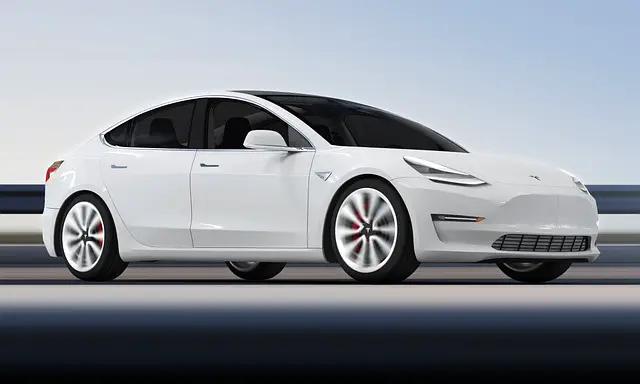
Additionally, Tesla vehicles are equipped with advanced thermal management systems that actively monitor battery temperatures and regulate cooling to prevent overheating. These systems help maintain optimal operating conditions for the batteries, further mitigating fire risks.
Tesla’s commitment to safety extends beyond hardware solutions. The company regularly releases software updates that not only improve vehicle performance but also address potential safety concerns. These updates may include enhancements to battery management algorithms, early warning systems for detecting battery issues, and remote diagnostics capabilities to proactively address any emerging issues.
Debunking Misconceptions with Data and Expert Analyses
It’s crucial to approach discussions about Tesla’s safety record with a holistic view that considers data-driven analyses and expert insights. While individual fire incidents involving Tesla vehicles may receive significant media attention, it’s essential to recognize that isolated incidents do not necessarily reflect broader safety trends.
Data and statistical analyses conducted by regulatory agencies and independent experts provide a more accurate representation of Tesla’s safety performance compared to other vehicles. These analyses often consider factors such as crash rates, fire incident rates, and overall safety ratings to provide a comprehensive assessment.
Emphasizing the importance of a holistic view of vehicle safety goes beyond focusing solely on fire incidents. Factors such as crashworthiness, occupant protection, active safety features, and overall vehicle reliability contribute significantly to a vehicle’s safety profile.
Conclusion on Do Teslas catch on fire more than other cars
In conclusion, the question of whether Teslas catch fire more than other cars has been a topic of debate and concern. However, a thorough examination of the facts and data reveals that Teslas do not catch fire at a significantly higher rate than traditional gasoline-powered vehicles.
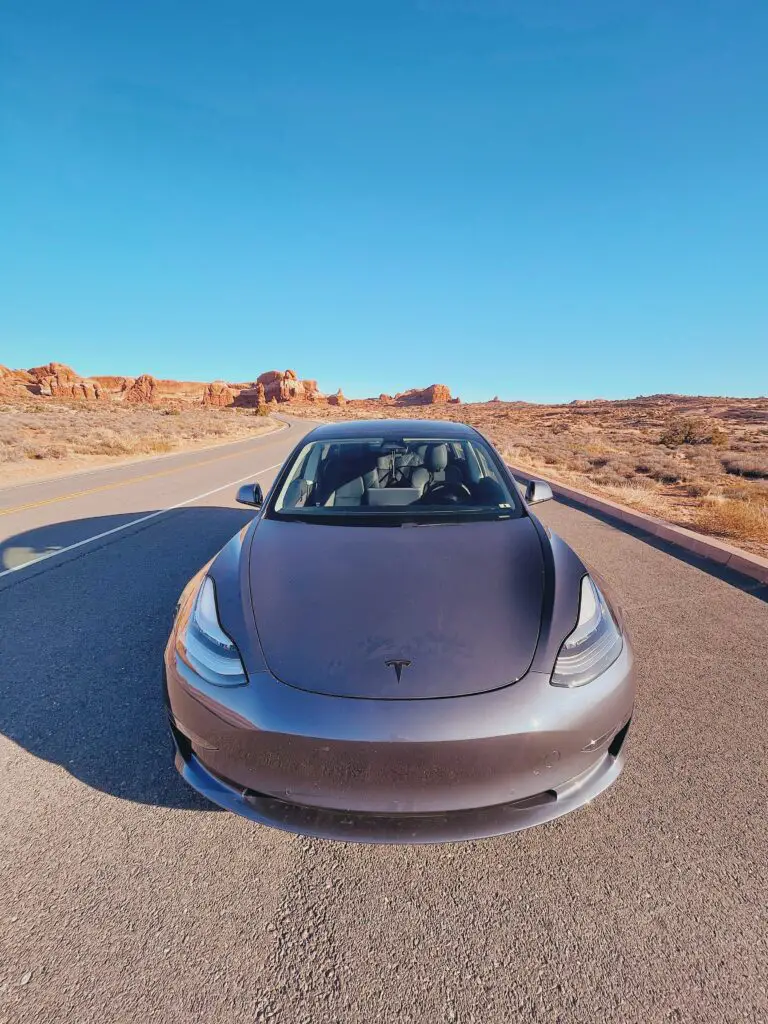
It’s essential to emphasize the importance of data-driven analysis and context in dispelling myths about Tesla’s safety record. While individual fire incidents may garner attention, statistical analyses conducted by regulatory agencies and independent experts provide a more accurate assessment of Tesla’s safety performance.
Moreover, understanding the nuances of battery technology, safety measures implemented by Tesla, and the broader landscape of vehicle safety factors is crucial in forming an informed perspective. Factors such as crashworthiness, occupant protection, and overall reliability contribute significantly to a vehicle’s safety profile, and these aspects should be considered holistically.
Can Tesla’s Be Stolen? Expert Insights for 2024

